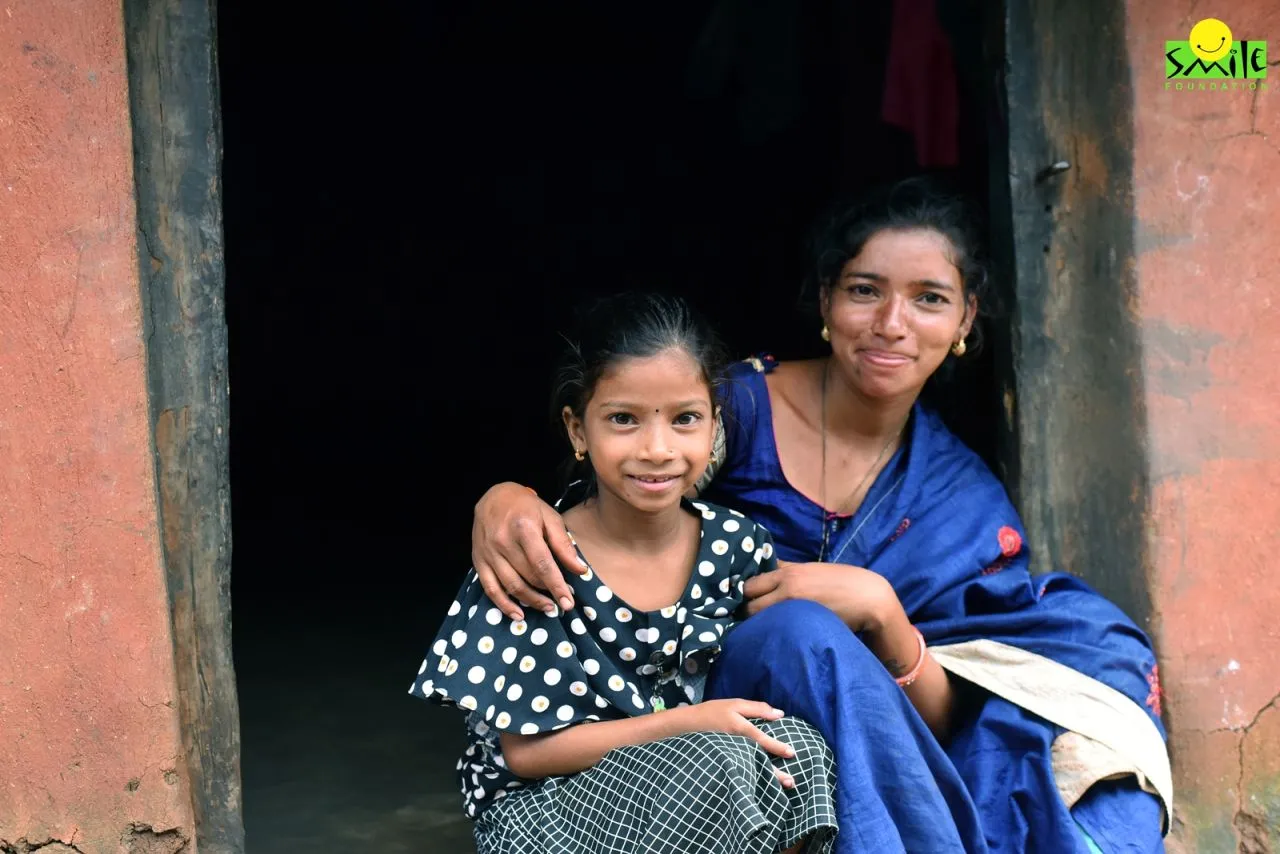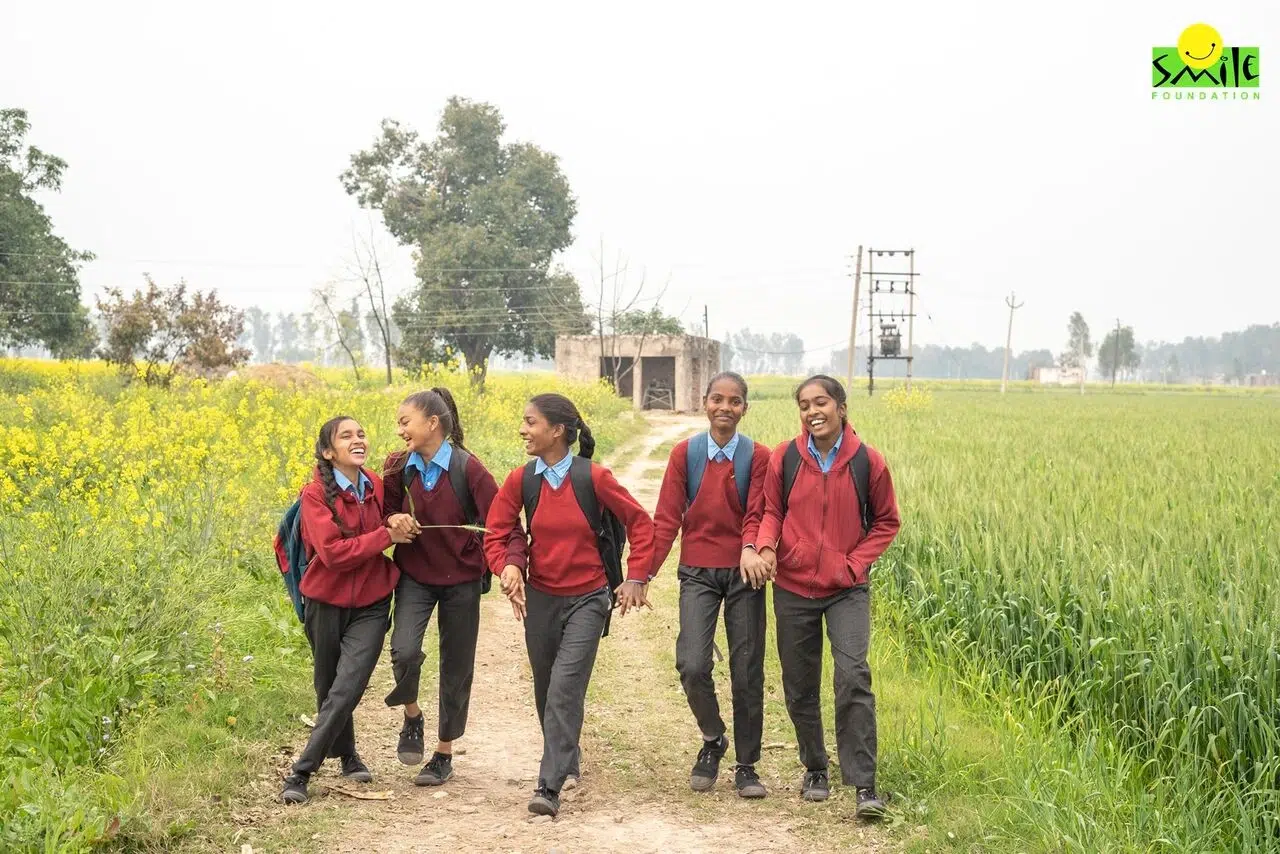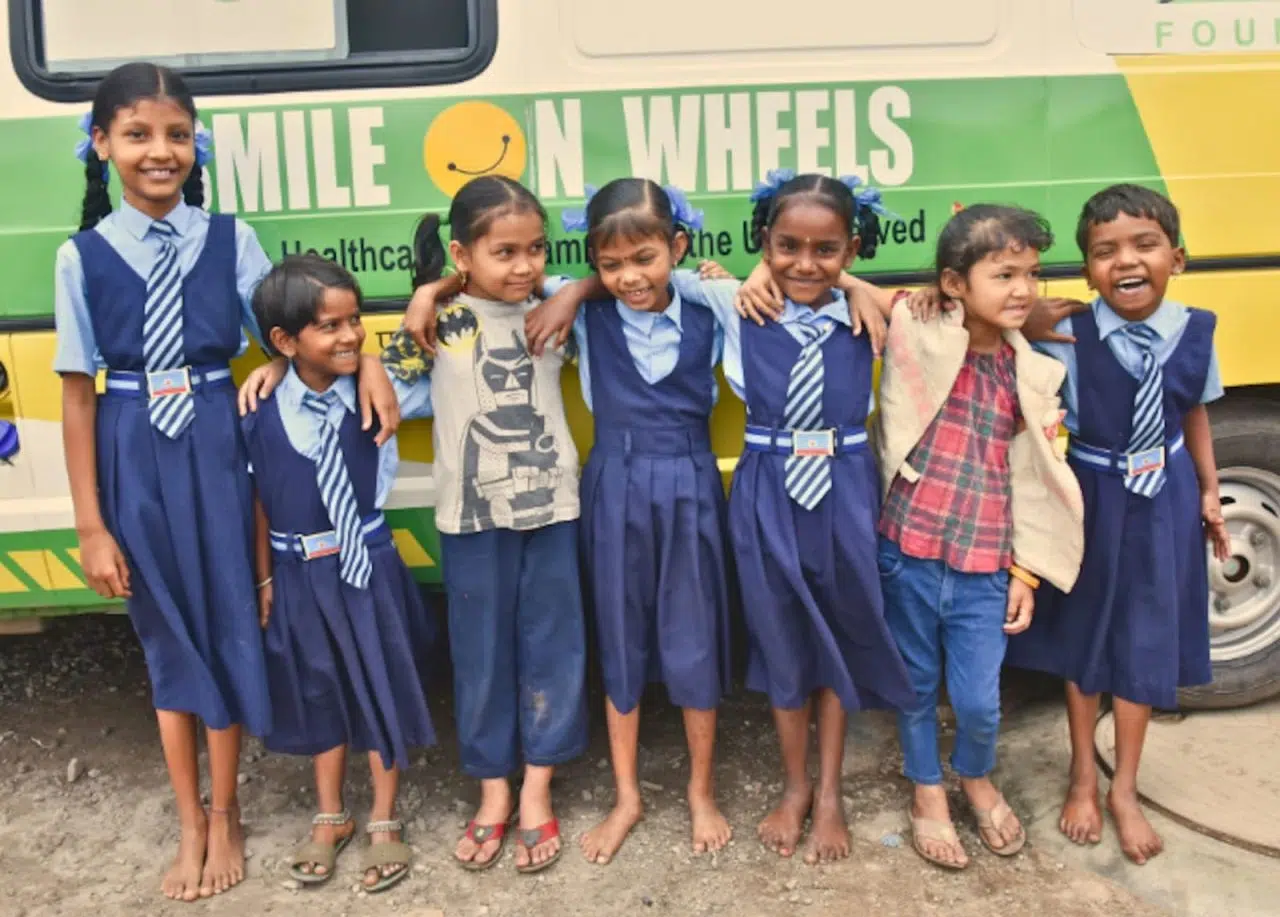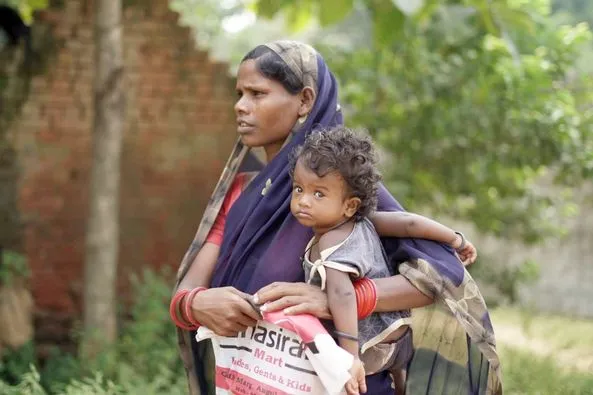In February of this year, a parent took to X to voice concerns about the skyrocketing Kindergarten fees in Hyderabad, disclosing that the cost for his child had reached INR 3.78 lakhs. This tweet sparked a nationwide debate on the escalating costs of education. While this case might seem specific to a high-end institution, it highlights a broader, troubling trend: the steep rise in education costs across India. This pattern aligns with a global trend.
According to data from The Hindu Business Line, the cost of primary education surged by 30.7% between 2014 and 2018. Fees for graduate programs increased by 5.8%, while post-graduate course fees rose by 13.19% during the same period. Additionally, data from the Unified District Information System for Education reveals that around 39% of students aged 20-24 drop out of college to support their families, reflecting significant financial pressures on households. CNBC-TV18 reports that education costs have surged by about 11-12% annually, with expenses potentially doubling every 6-7 years, adding a considerable financial burden on families.
Globally, the Education Data Initiative notes that the average cost of college tuition and fees at public four-year institutions has risen by 179.2% over the past two decades. This situation brings the debate about the necessity of scholarships back into focus.
Breaking Barriers to Education through Scholarship Support
In a country like India, a country marked by its diverse socio-economic landscape, scholarships can play a transformative role in changing lives. By providing financial support and access to education, scholarships can break barriers, create opportunities and work towards a more equitable society. It is evident that scholarships support change by alleviating financial burdens for students and their families.
In a time when the cost of education is rising and creating barriers for students, scholarship support can make higher education accessible to those who might otherwise be unable to afford it. This financial support often translates into improved academic performance and more significant opportunities for career advancement. For many families, a scholarship represents an economic boon, a source of hope and a catalyst for social mobility.
A striking example of overcoming systemic barriers in education is Dr. Babasaheb Ambedkar. Despite facing significant obstacles due to caste-based discrimination, Ambedkar’s academic journey was marked by remarkable achievements. He graduated from Elphinstone College in Bombay thanks to a scholarship provided by His Highness Sayajirao Gaikwad of Baroda, who recognised his potential and offered crucial financial support. Ambedkar’s deep passion for learning drove him forward, but the entrenched inequalities of the time made accessing quality education challenging. Nonetheless, with the right encouragement and opportunities, he made a significant leap in his academic career. This opportunity came when he pursued higher studies in the United States, a turning point that dramatically shaped his future.
In the U.S., he earned his M.A. in 1915 and his Ph.D. in 1916 from Columbia University. Later, he was admitted to Gray’s Inn in London to study law and worked towards a D.Sc. at the London School of Economics and Political Science. This intense study abroad expanded his expertise and laid the groundwork for his future contributions to social reform and policy.
An article published in The Hindustan Times highlighted that Dr Babasaheb Ambedkar founded the Peoples Education Society in Bombay and Aurangabad to support Dalit students. In fact, to address the grievances of the untouchables and take their voice to the government, Dr Ambedkar also established the Bahishkrit Hitakarini Sabha. He firmly believed that educating the oppressed would empower them to advance socially, achieve economic progress and attain political independence. That financial support enabled Ambedkar to pursue his studies, which positively impacted countless lives and continues to do so today.
Empowering Marginalised Communities
In our country, many students are forced to abandon their education to support their families. In such cases, scholarships provide crucial financial support, allowing these students to continue their studies and defer the need to drop out. Additionally, access to the right network is essential for success in higher education. Unfortunately, marginalised students frequently encounter significant obstacles in connecting with these crucial networks due to limited resources and systemic inequalities. This lack of access can impede their academic and professional progress. Scholarships facilitate social transformation and provide essential opportunities for individuals to benefit from these valuable connections.
A notable example is the Eklavya India Foundation, led by Raju Kendre. Kendre received the Chevening Scholarship in June 2021, making him one of the first students from his area and a nomadic tribe to study abroad. After returning from his studies, Kendre has been dedicated to assisting students from his community, providing them with opportunities and support that were once out of reach.
Thus, scholarship support can serve as a bridge for low-income communities, creating opportunities and opening doors to typically inaccessible spaces. They are precious in providing young girls access to education that they may have been systematically denied. At Smile Foundation, we strive to empower young girls through scholarships that enable them to pursue higher education and continue their academic journey. As part of our efforts in the education sector, we have assisted numerous girls from marginalised backgrounds in accessing education that was previously denied to them due to various obstacles.









